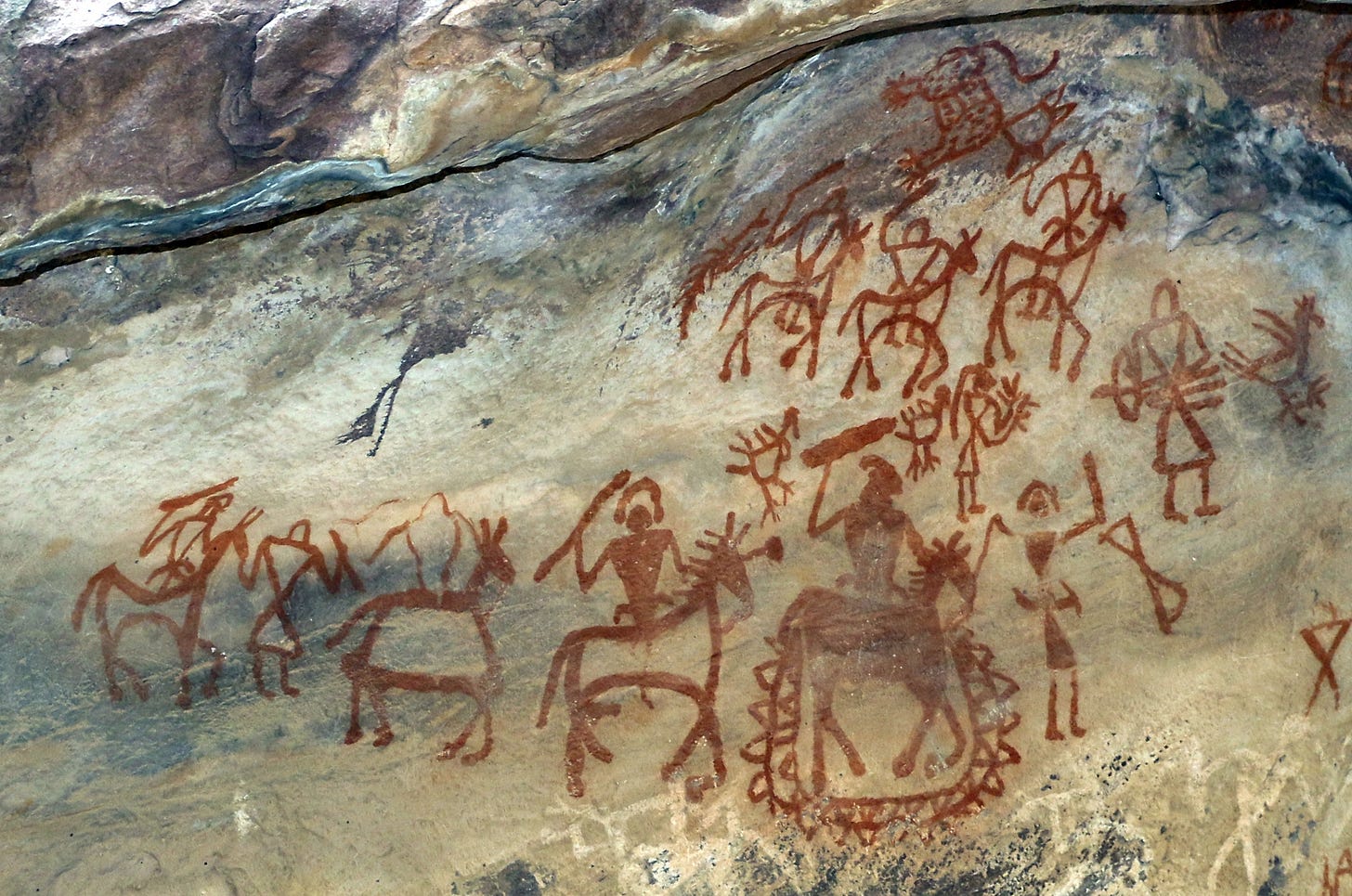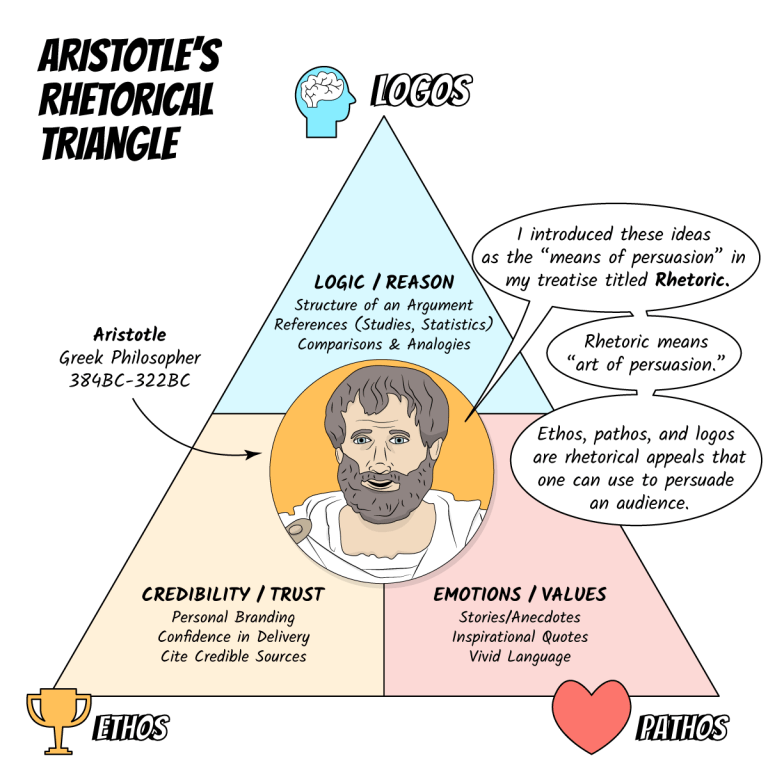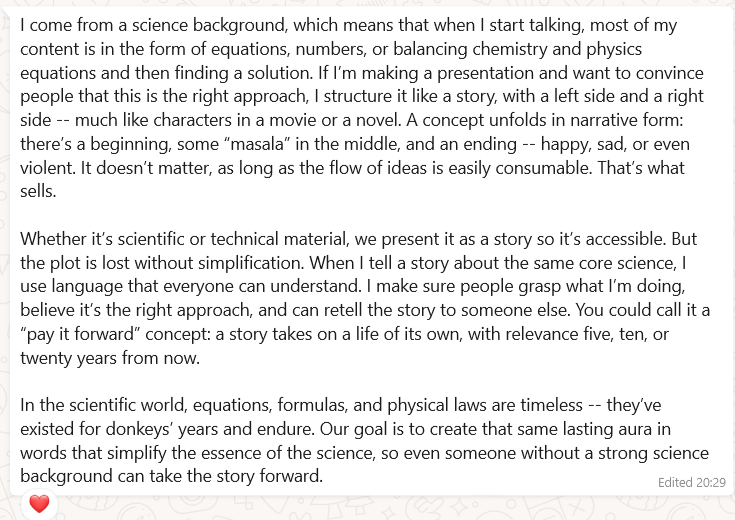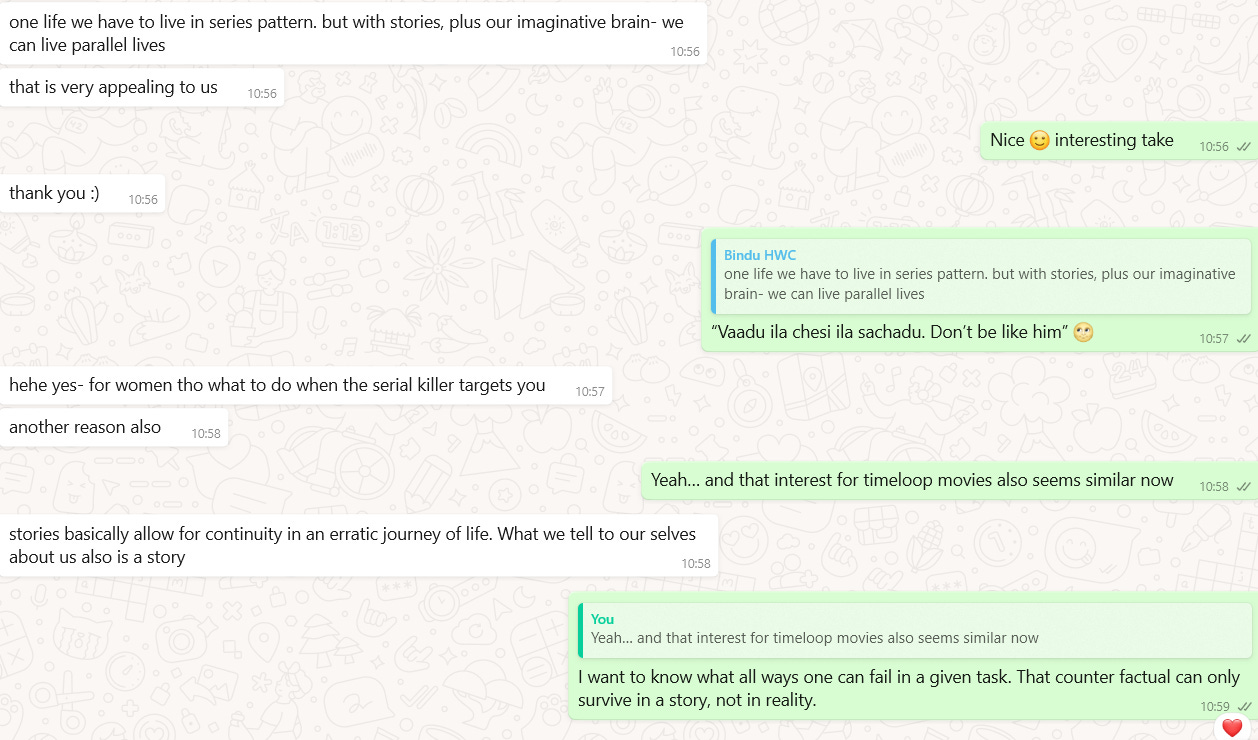I was on an epistemological rabbit hole. It started with a question: why did the early humans draw cave paintings?

Or, broadly, why did humans tell stories? Illiterate humans used paintings to tell stories. Once words were invented, stories were told as poems, fables, plays, and epics. Once musical instruments were invented, stories were told as songs. With the camera, people told stories with images, still or moving. Computers are helping to tell data stories.
The word “story” is also adopted by everyone now. Journalists call their output a story. Photographers no longer just click pictures; they try to tell stories. Historians like Dr. Manu Pillai tell a story. Even consultants are reframing “case studies” to “client success stories.” Such is the appeal to tell a story.
But why? Why are humans telling stories? I asked the internet only to find some jargon on neuroscience. So I thought, why not ask humans about it? You tell me, why do you tell a story?
I asked this question myself as well. I can think of three main reasons why I ever told a story.
As a child, I used to make up random fantasy tales when I was with my friends. Some of them laughed; some of them would run away when I started a story. But more or less, people were eager to listen. They would ask me to continue the story next time we met (their guilty pleasure?). I remember a story I told where a man drowns in the sea only to be found by a mermaid colony and he falls in love with a mermaid (I told this when I was in 7th class, I guess :p). These stories were not planned and written. I was like an LLM model, spitting out the next word based on my audience's reaction. Recently I discovered that such stories come under a literary genre called “nonsense tales.” Rudyard Kipling’s “Just So Stories” is one of them.
To explain things better. Anything can be explained better with the aid of a story. History, Math, Stats. Anything. A lot of my work went into this.
Then, as an adult, I told stories as a model of good life. I feel there are some aspects of life (careers, relationships, governance, public policy) where I have advice based on my life experiences, learnings, and mistakes. But no one listens to preachy advice. It is not polite to give unsolicited advice. And they don’t work as well. Even good advice only communicates logic. One has to feel it beyond logic for the advice to work. Stories help in making you feel. I would place Ramayan and Ayn Rand’s Fountainhead in this bucket. There is some advice they wanted to give, like it or not.
I’m curious about you now.
Why do you tell a story?
“ఉత్పత్తికి సంబంధించిన విజ్ఞానాన్ని ప్రచారం చేసేదే కళ (కథ).”
"Art (Story) is what propagates the knowledge related to production."
Rhitam:
Bindu
~ Story as a human urge to imagine counterfactuals.







